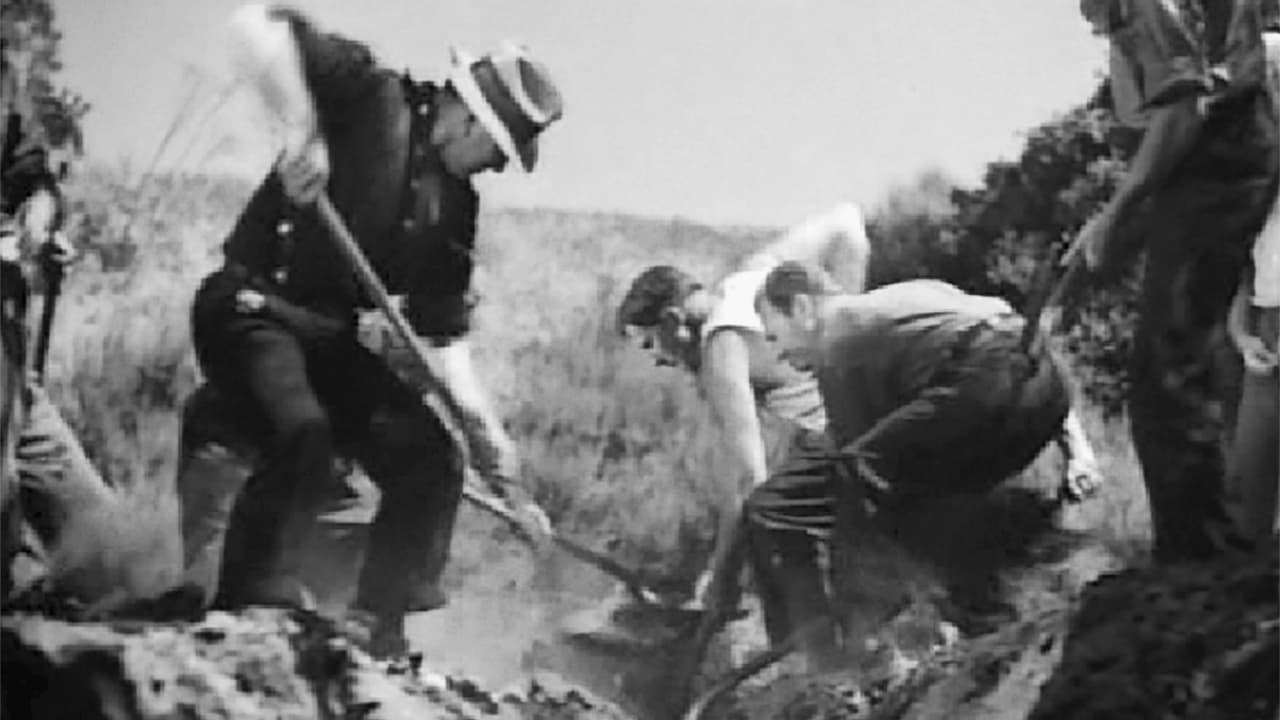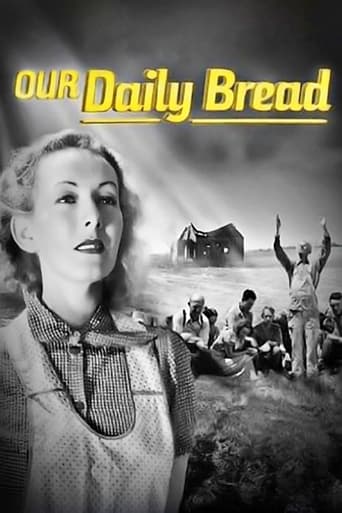



A Disappointing Continuation
If you're interested in the topic at hand, you should just watch it and judge yourself because the reviews have gone very biased by people that didn't even watch it and just hate (or love) the creator. I liked it, it was well written, narrated, and directed and it was about a topic that interests me.
View MoreAmazing worth wacthing. So good. Biased but well made with many good points.
View MoreOne of the film's great tricks is that, for a time, you think it will go down a rabbit hole of unrealistic glorification.
View MoreThere is always a solution to every problem perhaps more than one and this problem and its solution moves and entertains. Who hasn't been desperate or down and out and worried about giving up and your luck changes for the better? Here we see that it is possible and to not give up hope. To me Hope is the central theme in this movie. The people work against all odds which is why hope not only works and sustains but delivers if we persevere. These people do just that. We can never really starve because we all have access to...
View MoreIf I had the ability to read minds, a version of Our Daily Bread would probably be playing in the minds of every self-professed anarcho-communist I met in college (I met a lot surprisingly). For much like the passions of youth, the thoughts on culture and politics in this movie are bold, provocative, and not very well thought out. Not to worry comrades, with a little bit of elbow grease, "aw-shucks," and "gee-willickers" you too can be a part of a commune that will force you to listen to Utah Phillips all night long. What happens if and when you don't like the way things are headed; Suck it up!To be fair to the film, it was a far different and more volatile time in 1934. The film begins in a nameless Depression Era city with John (Keene) who struggles to find work. Mary (Morely), his wife calls upon Uncle Anthony (Ingraham) an old codger with a vacant plot out in the country. John and Mary know nothing about rural farming life but lacking any other options, they decide to take a chance and take the lot until it can be sold. John and Mary find working off the land nearly impossible until a friendly migrant (Richards) and his family help them out in exchange for room and board. Then John gets an idea; an idea that culminates in dozens of men, women and children, finding hope on a burgeoning co-op farm.It's truly shocking that a movie as unabashedly this side of Mission to Moscow (1943) can be made by a director who was a founding member of the Motion Picture Alliance for the Preservation of American Ideals. The Alliance was responsible for the vast majority of friendly witnesses to the House Un-American Activities Committee and was spearheaded by the likes of John Wayne, Gary Cooper, Clark Gable, Leo McCarey and Walt Disney. The group's aim was simple; defend American ideals from being eroded from the inside out (mostly by communists). Perhaps gossip columnist Hedda Hopper forgot this little film while bad mouthing the likes of Paul Robeson and Dalton Trumbo. Or perhaps Vidor's adaptation of the interminably petulant The Fountainhead (1949) was enough to make him beyond reproach.There are remnants of other, finer films in Our Daily Bread not the least of which is director King Vidor's Silent Era populist opus The Crowd (1928). In-fact this movie was meant to be a sequel of sorts, providing a concrete solution to the foibles John and May Sims faced in 1928. At this point in his career however, King probably didn't know how this whole sound thing worked. Whatever visual vocabulary King seems to want to replicate here, is immediately undone by pat dialogue so on the nose you'd swear just out of shot actors and crew members were chuckling. Of course if Our Daily Bread was a sequel one is prompted to ask what happened to their small son; tuberculosis? They sure are very quaint and naive for a bereaved couple if that be the case.There's also smatterings of Sunrise: A Tale of Two Humans (1927) in the form of Barbara Pepper's femme fatale Sally; a lost girl meant to represent the encroachment of selfish, city life upon a proverbial Garden of Eden. Again what would have worked in pantomime comes across as one dimensional and eye-rollingly goofy. Her appearance after the noble (and poorly written) sacrifice of convict Frank (Hall) catapults the movie into outright parody.Personally I found the simplicity of the dialogue and the supposed character conflicts laughable even by 1930's standards. Those looking to see a movie much more attuned to communist/socialist fervor should check out the austere but riveting Salt of the Earth (1954). At least that film had a more immediate and compelling conflict than "will the wheat grow?"
View MoreCynics may, and will, find a lot to dislike; conversely, idealists will find a lot to like.Another commenter said "Our Daily Bread" gets a lot of interpretations, and that is very definitely correct.The one I like is this: People in voluntary co-operation, working together toward a common goal, in this case, survival, can accomplish a lot, especially if there is some intelligence used in both finding the goal and finding the means toward it.Unfortunately a lot of luck is needed, too, and the people here got a bit of it at the start.Also needed is a very high threshold of frustration, and patience, and a reluctance to place blame.Father Flanagan, most famous for Boys Town, started his mission of helping financially deprived people by acquiring an abandoned hotel in Omaha. He opened it to anyone in need who would also provide some ability or effort toward restoring the building.It's an idea whose time might be here again, as we are in either a depression or a very severe recession, and thousands of people are losing their homes.The John Sims character in "Our Daily Bread" begins with a similar, if not identical, premise, and disparate, but desperate, people pitch in with their skills and talents or perhaps just their desperate desire.The commenter who said the women had little to do should re-watch "Our Daily Bread" and pay closer attention to the last scene, which someone else called, rightly, "exhilarating." Exhilarating: That's the word for "Our Daily Bread," a must-see.
View MoreIn opposition to the only review written here on the movie, the idea behind the story is a bit more complicated than stated....I think. As far as a political statement, yes it was socialistic in nature, but the crux of it's philosophy is the quote when it is suggested that the farm/commune should be run democratically, and everyone agrees that "...nah, that's what got us here in the first place". In the wake of the depression, communism was a viable solution to our citizenry....we seem to try and forget that reality....and what was "the new deal" but a socialist/communist plan that pulled us through? Very well acted/directed. A must see for political historian buffs. It is of a time long forgotten, but shouldn't be.
View More